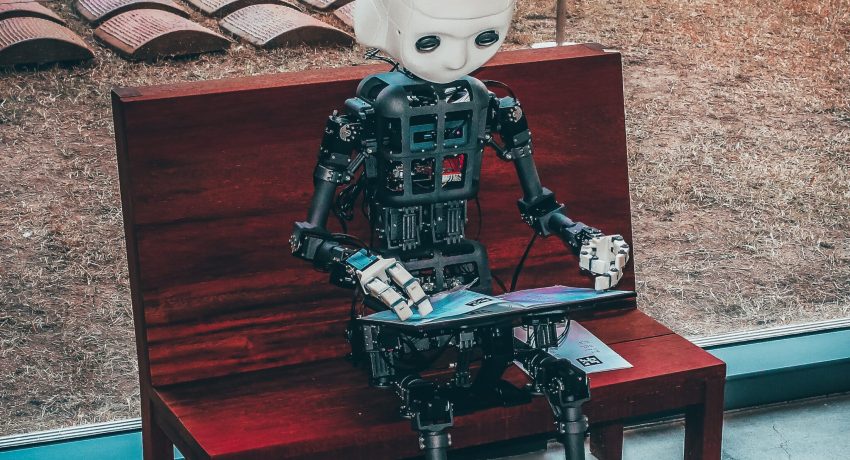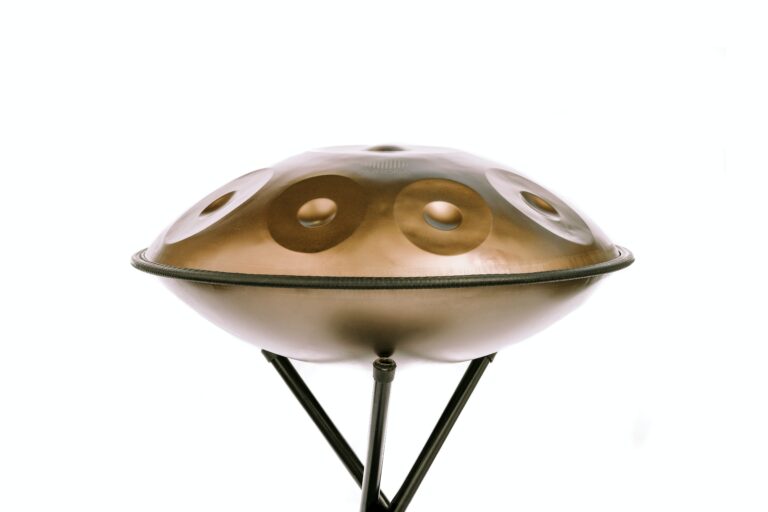The Evolution of AI: Overcoming Challenges and Limitations
Introduction
Artificial Intelligence (AI) has come a long way since its inception, but it has not been without its challenges and limitations. Over the years, AI has evolved to overcome these obstacles, paving the way for its widespread application in various industries.
The Early Challenges
In its early stages, AI faced challenges such as limited computing power, lack of data, and the inability to understand complex human language. However, advancements in technology have greatly improved computing power, and the abundance of data has allowed AI systems to learn and adapt. For example, natural language processing (NLP) has made significant strides in understanding and processing human language, enabling AI to communicate more effectively with users.
Overcoming Limitations
One of the major limitations of AI was its inability to handle uncertainty and ambiguity. However, with the development of probabilistic reasoning and deep learning techniques, AI can now make decisions in uncertain situations. For instance, AI-powered autonomous vehicles use probabilistic reasoning to navigate through complex and unpredictable traffic situations, making split-second decisions to ensure the safety of passengers and pedestrians.
Advancements in AI
The evolution of AI has led to significant advancements in various fields, such as healthcare, finance, and e-commerce. In healthcare, AI is being used to analyze medical images and detect diseases at an early stage, leading to better diagnosis and treatment. In finance, AI algorithms analyze large volumes of data to detect fraudulent transactions and manage investment portfolios more efficiently. In e-commerce, AI-powered recommendation systems provide personalized product recommendations to users based on their preferences and browsing history.
The Future of AI
As AI continues to evolve, the focus is on developing AI systems that can learn and adapt in real-time, understand and interpret human emotions, and collaborate with humans in a more seamless manner. With the rapid development of AI, the future holds great potential for the integration of AI into everyday life, revolutionizing the way we work, communicate, and live.
In conclusion, the evolution of AI has been a journey filled with challenges and limitations, but it has also led to remarkable advancements that have transformed the way we live and work. As we continue to overcome these obstacles, the future of AI looks bright, with endless possibilities for its application across various industries.

















